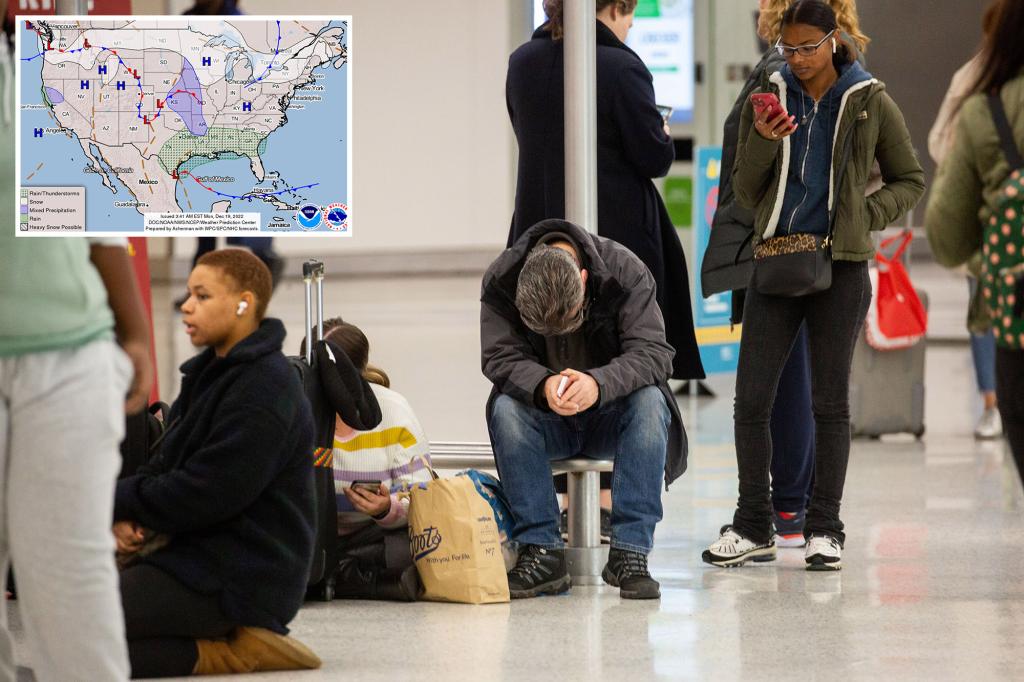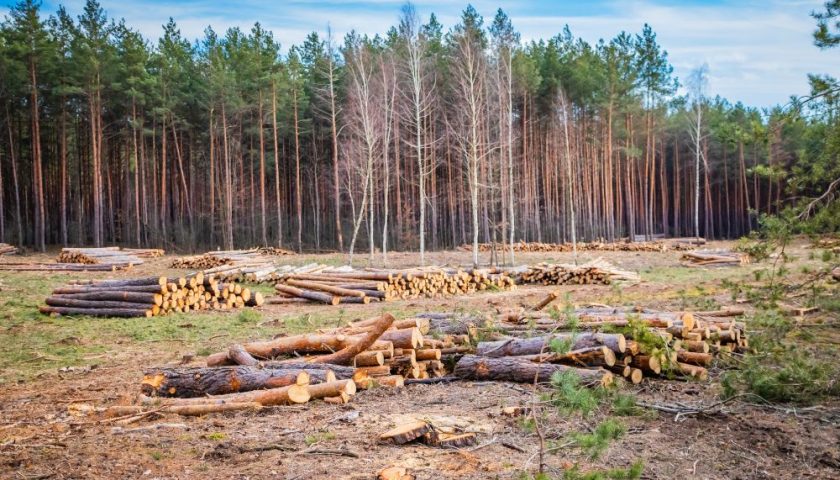A bomb cyclone that could hit the Midwest later this week has the potential to wreck havoc on holiday travel, with several airlines already offering waivers.
Major airlines have issued travel waivers ahead of the winter weather storm that’s forecasted to rock cities including Chicago — a major air travel hub — the hardest, according to the Weather Channel.
United Airlines, which is headquartered in the windy city, is offering inclement weather waivers to travelers in the Midwest, Texas and on the East Coast. Flight change fees will be waived as well as fare increases for customers who change flights due to the forecast within a specific rebooking window.
JetBlue, American Airlines, Delta, Southwest and Alaska Airlines are also offering waivers for a number of specific flight paths and dates.
The brewing storm which has the potential to become a bomb cyclone over the Midwest would bring blizzard conditions to areas near the Great Lakes as well as extreme cold and dangerous wind chills, according to the National Weather Service.

Heavy snow will make landfall over much of the Midwest — as far south as Jackson, Mississippi — beginning Thursday evening and lasting through the holiday weekend.
The East Coast is expected to get high winds and cold air will reach as far south as the normally warm states of Texas and Florida.
Forecasters believe the storm will reach its peak power late in the week, sending heavy snow onto parts of Wisconsin, Illinois, Michigan, Indiana and Ohio.

Temperatures are expected to plunge below zero Friday morning across the northern Plains and Intermountain West and the cold weather will stick around into next week.
The mercury drop has the potential to create the coldest Christmas day in nearly 40 years for millions across the country, according to a CNN meteorologist report. Temps could fall so low in some areas that a person could get frostbite on exposed skin in as little as five minutes, the outlet stated.
Christmas Day in Chicago has a forecasted high of only 12 degrees — making it the coldest Christmas since 1996.





